African American history isn’t just a collection of past events – it’s a living force that continues to shape our society in countless ways. From the music we enjoy to the words we speak, Black history has woven itself into the fabric of American life. Understanding these connections helps us recognize how the struggles and triumphs of the past continue to influence our present and future.
1. Daily Acts of Resilience and Resistance
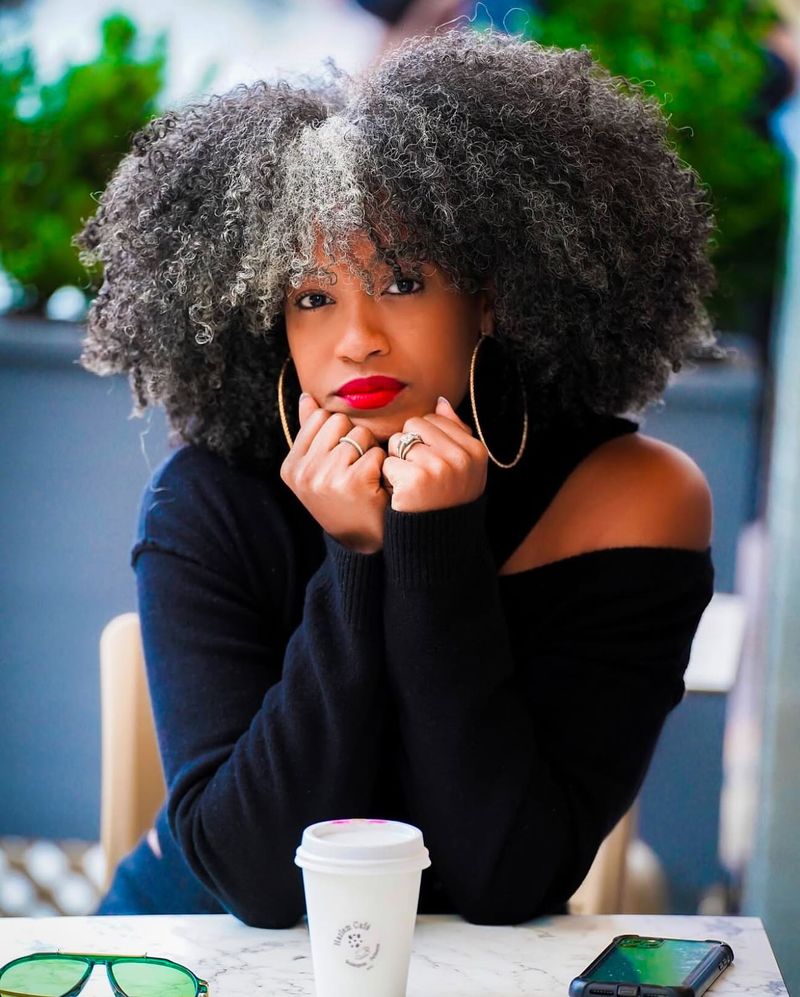
When Black women embrace natural hair textures despite workplace pressure to conform, they’re continuing a tradition of body autonomy resistance that dates back centuries. These personal choices carry political weight in a society that has historically controlled Black bodies and expression.
Community gardens in urban food deserts echo ancestral agricultural knowledge. Book clubs discussing Black authors maintain intellectual traditions born when reading was forbidden under slavery. Family reunions preserve kinship bonds once deliberately broken on auction blocks. History lives in these everyday acts—not just in textbooks but in living traditions of resilience.
2. Media, Storytelling, and Film
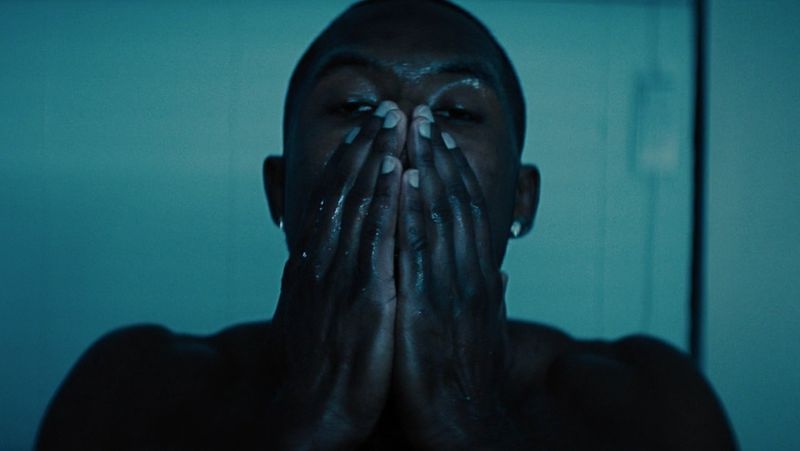
Hollywood’s portrayal of Black Americans has evolved from harmful stereotypes to complex narratives. Films like “Moonlight” and “Black Panther” represent a new era where Black creators control their own stories, building on traditions of narrative resistance dating back to slave narratives.
Early Black newspapers like “Freedom’s Journal” proclaimed “We wish to plead our own cause” in 1827. Today’s Black journalists, filmmakers, and authors continue this mission, challenging misrepresentation and creating authentic portraits of Black life. Their work corrects historical erasure while imagining futures where Blackness is celebrated rather than marginalized.
3. The Ongoing Fight for Civil Rights
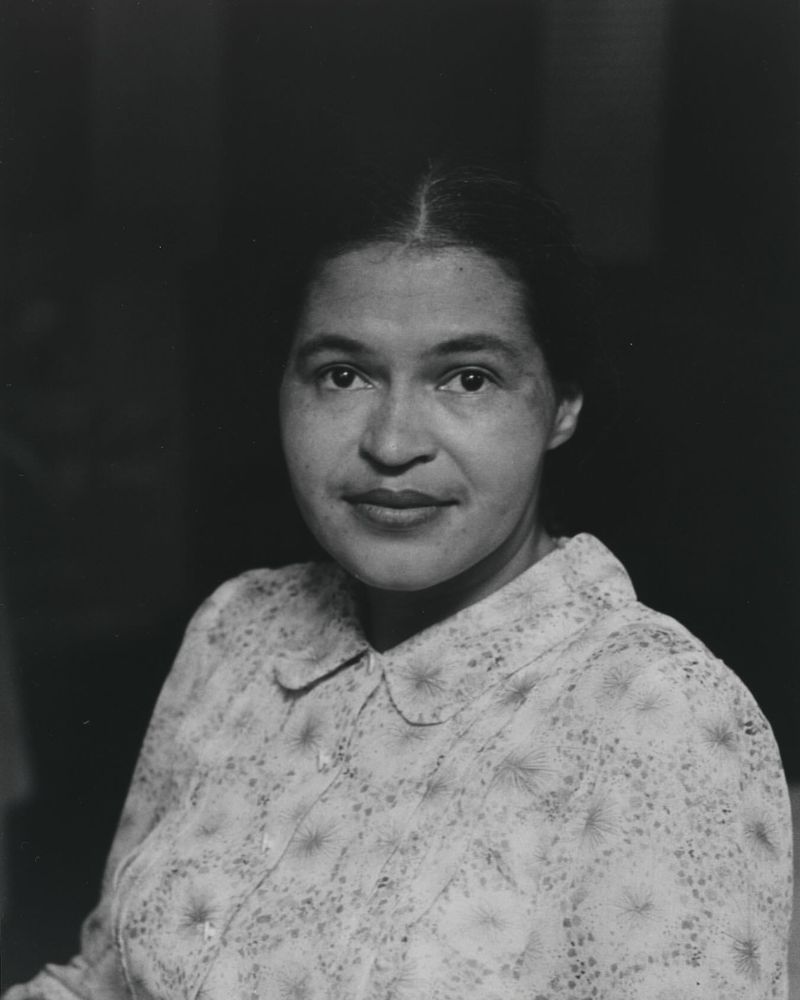
When Rosa Parks refused to give up her bus seat in 1955, she ignited a movement that never truly ended. Today’s Black Lives Matter activists carry that same torch, protesting police brutality and systemic racism with methods reminiscent of their civil rights predecessors.
Modern voting rights battles echo the struggles of Freedom Summer volunteers who risked their lives registering Black voters in the 1960s. The tactics have evolved—from marches to hashtags—but the core demands remain unchanged: equality, justice, and dignity for all.
4. Cultural Influence in Music, Art, and Fashion
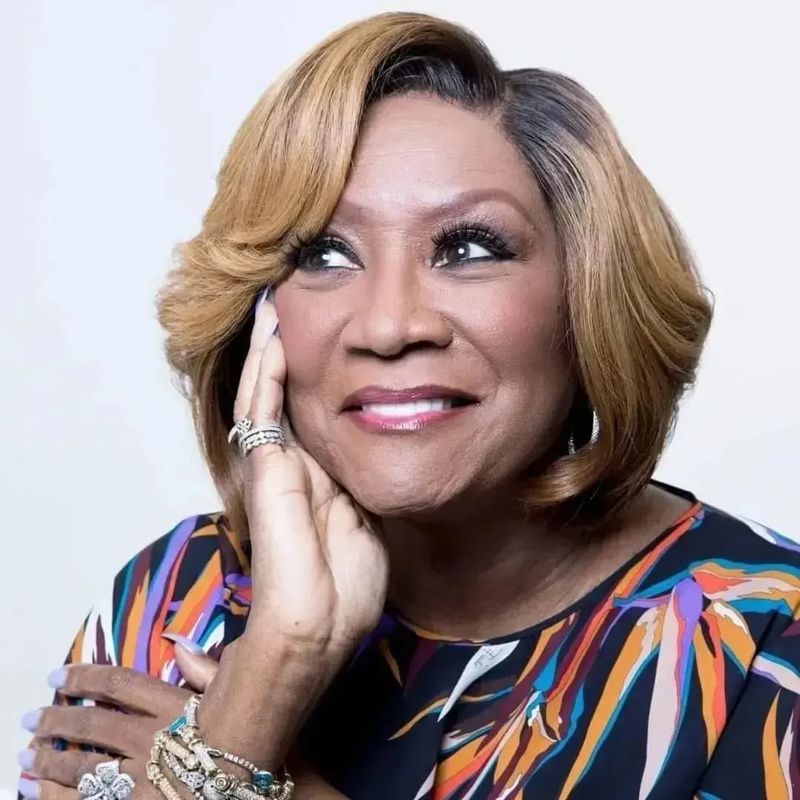
From the soulful improvisation of jazz to the revolutionary storytelling of hip-hop, African American musical innovations have become America’s greatest cultural exports. These art forms emerged from struggle yet transcended boundaries to reshape global entertainment.
Fashion trends born in Black communities—from streetwear to sneaker culture—now dominate runways worldwide. Visual artists like Jean-Michel Basquiat and Kara Walker have forced America to confront its painful history through powerful imagery that challenges and transforms how we see ourselves.
5. Educational Reform and Representation
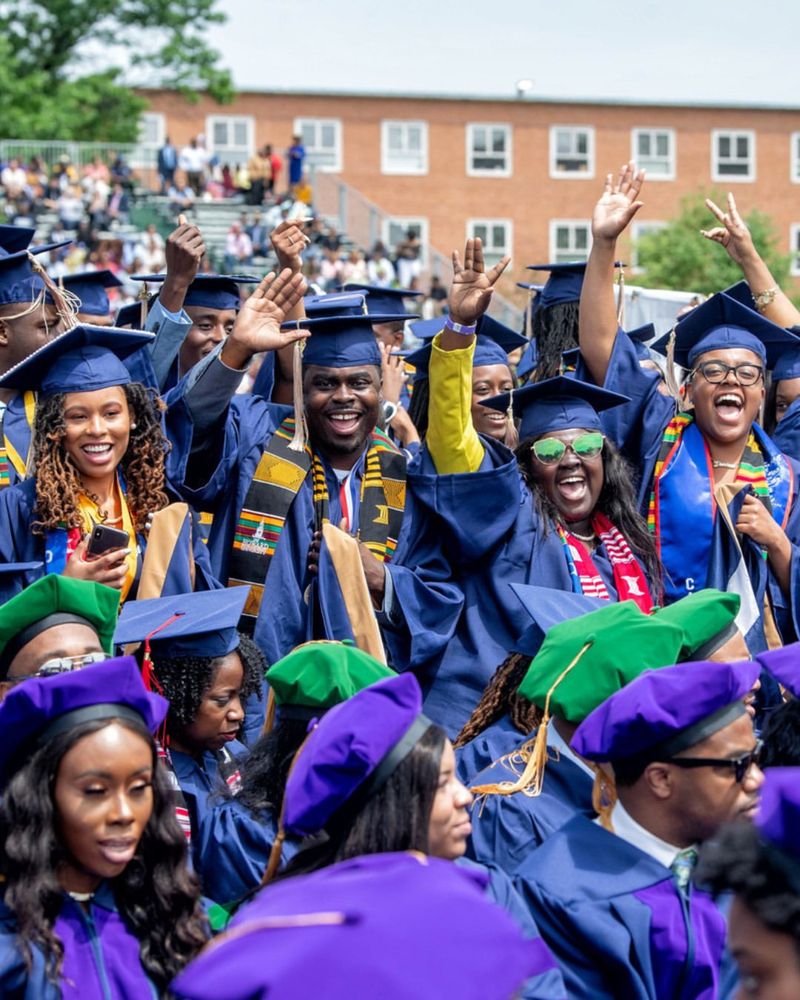
Historically Black Colleges and Universities stand as monuments to educational perseverance. Founded when mainstream institutions barred Black students, HBCUs like Howard, Spelman, and Morehouse have produced leaders from Thurgood Marshall to Kamala Harris.
The push for inclusive education extends beyond college campuses. Movements to teach complete American history—including slavery’s brutality and Black Americans’ contributions—face resistance but gain ground. When students see themselves in curriculum, education becomes not just learning but affirmation of their place in America’s story.
6. Political Power and Leadership
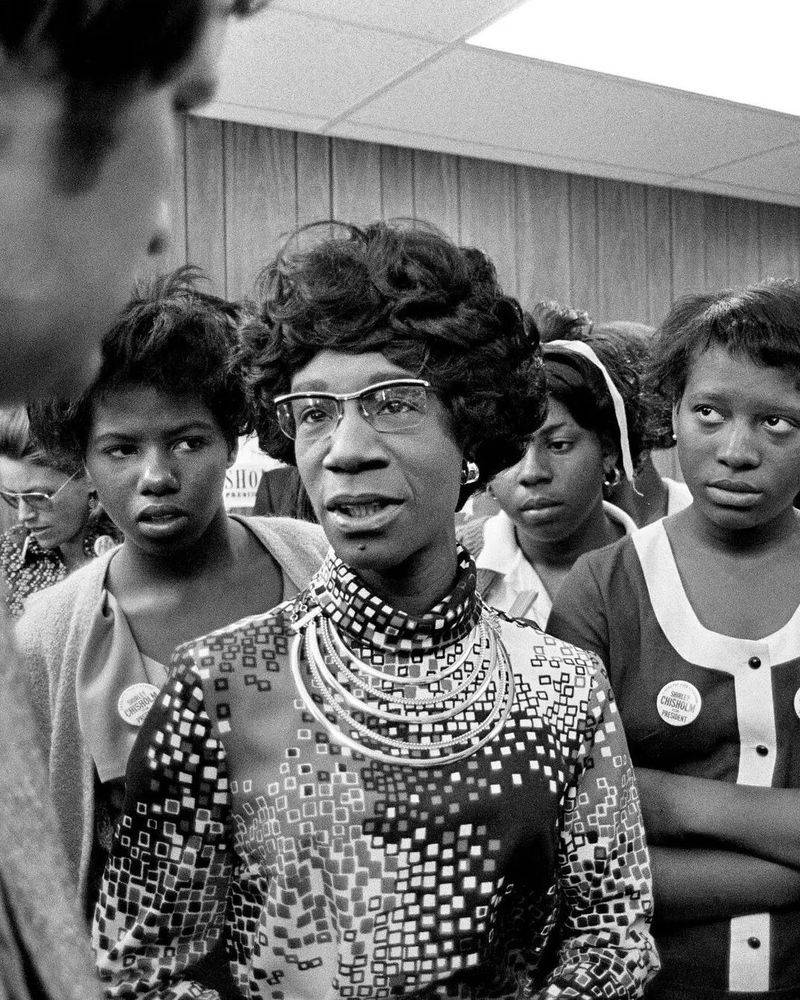
Shirley Chisholm broke ground in 1968 as the first Black woman elected to Congress, declaring herself “unbought and unbossed.” Her courage paved the way for Barack Obama’s historic presidency and Kamala Harris’s vice presidency decades later.
Black political leadership isn’t limited to these household names. Across America, Black mayors, representatives, and local officials transform communities through policies addressing historical inequities. Their presence in government chambers represents centuries of struggle for political voice—from Reconstruction-era politicians to modern Congressional Black Caucus members standing against injustice.
7. Economic Inequality and Wealth Gaps

The average white family holds eight times the wealth of the average Black family—a disparity with direct roots in historical injustice. From slavery’s unpaid labor to Jim Crow’s economic barriers to redlining that prevented home ownership, systematic obstacles have blocked wealth creation for generations.
Modern discussions about reparations aren’t new; they echo promises made during Reconstruction. The “40 acres and a mule” never materialized for formerly enslaved people. Today’s racial wealth gap isn’t accidental but the mathematical result of compounded historical inequities that continue shaping economic opportunity.
8. Language and Communication Styles

“That’s lit!” “Throwing shade.” “On fleek.” Countless phrases from African American Vernacular English (AAVE) have entered mainstream speech, often without recognition of their origins. This linguistic creativity stems from centuries of cultural resilience and communication innovation.
Black communication styles—from call-and-response in church to verbal jousting in cipher circles—have fundamentally shaped American expression. Social media amplifies this influence, with Black Twitter driving conversations and creating viral moments that define our cultural vocabulary. The rhythm and soul of Black language continues reshaping how America talks.
9. Social Justice Movements
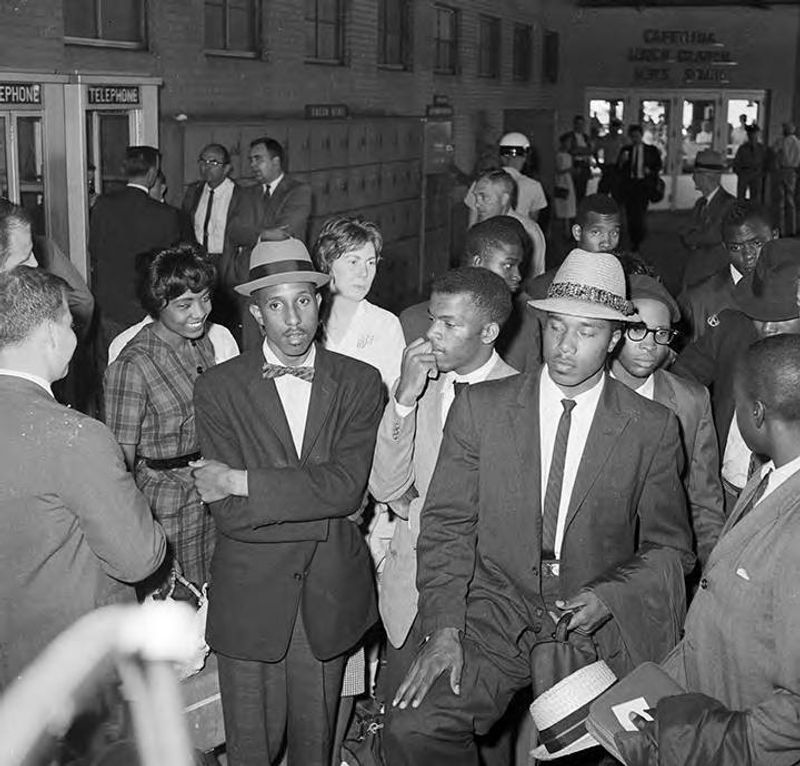
Modern protest tactics have deep roots in Black resistance history. When activists occupied streets during 2020’s racial justice protests, they channeled the strategic disruption of lunch counter sit-ins and Freedom Rides from the 1960s.
Mutual aid networks feeding communities during the pandemic echo the Black Panther Party’s free breakfast programs. Even protest symbols carry historical weight—raised fists connect today’s activists to generations of predecessors who risked everything for freedom. These connections aren’t coincidental but reflect hard-won wisdom passed through movement elders and historical study.
10. The Justice System and Mass Incarceration
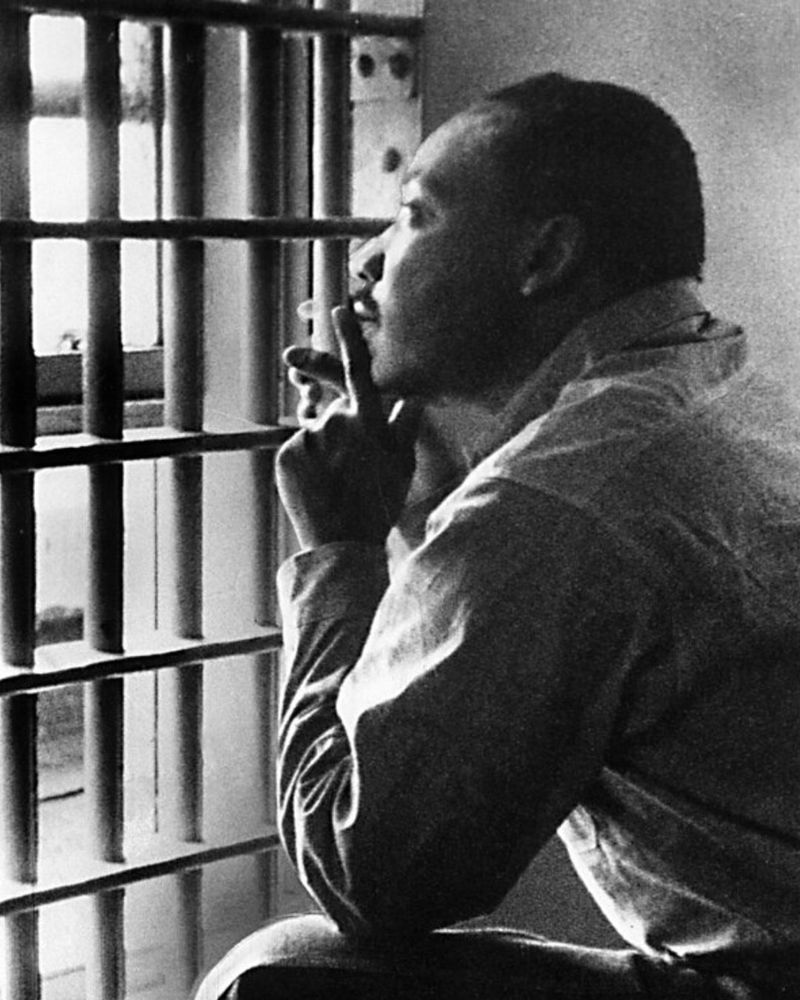
America holds just 5% of the world’s population but nearly 25% of its prisoners—with Black Americans incarcerated at over five times the rate of whites. This system didn’t emerge by accident but evolved directly from post-Civil War convict leasing programs that re-enslaved Black citizens through criminalization.
The 13th Amendment’s loophole permitting slavery “as punishment for crime” created a blueprint for mass incarceration. Modern prison labor paying pennies per hour echoes this history. Understanding today’s criminal justice system requires acknowledging its roots in controlling Black bodies and labor after emancipation.
11. Religion and Spirituality
The Black church stands as America’s freedom movement headquarters. From hidden worship during slavery to church basements where civil rights strategies were born, these sacred spaces have nurtured both faith and resistance.
Beyond Christianity, African spiritual traditions survived the Middle Passage and evolved into practices like Vodou, Santería, and aspects of Black southern folk healing. Music from Negro spirituals to gospel continues providing comfort and inspiration. The religious resilience that helped ancestors survive unimaginable hardship still offers spiritual sustenance to communities facing contemporary challenges.

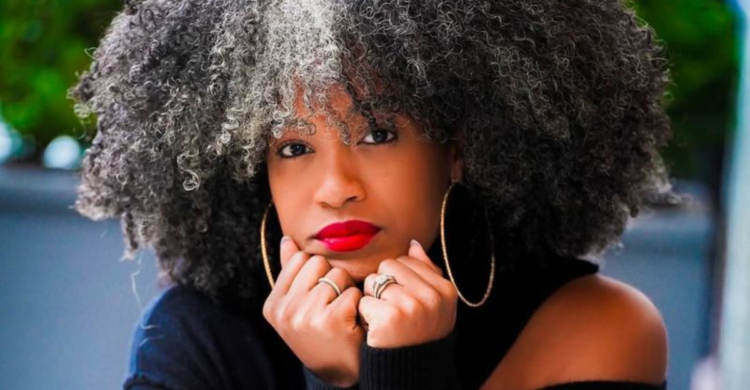
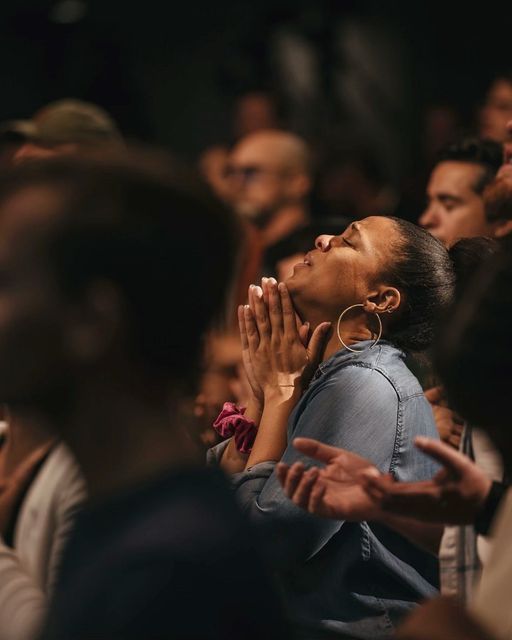
Comments
Loading…